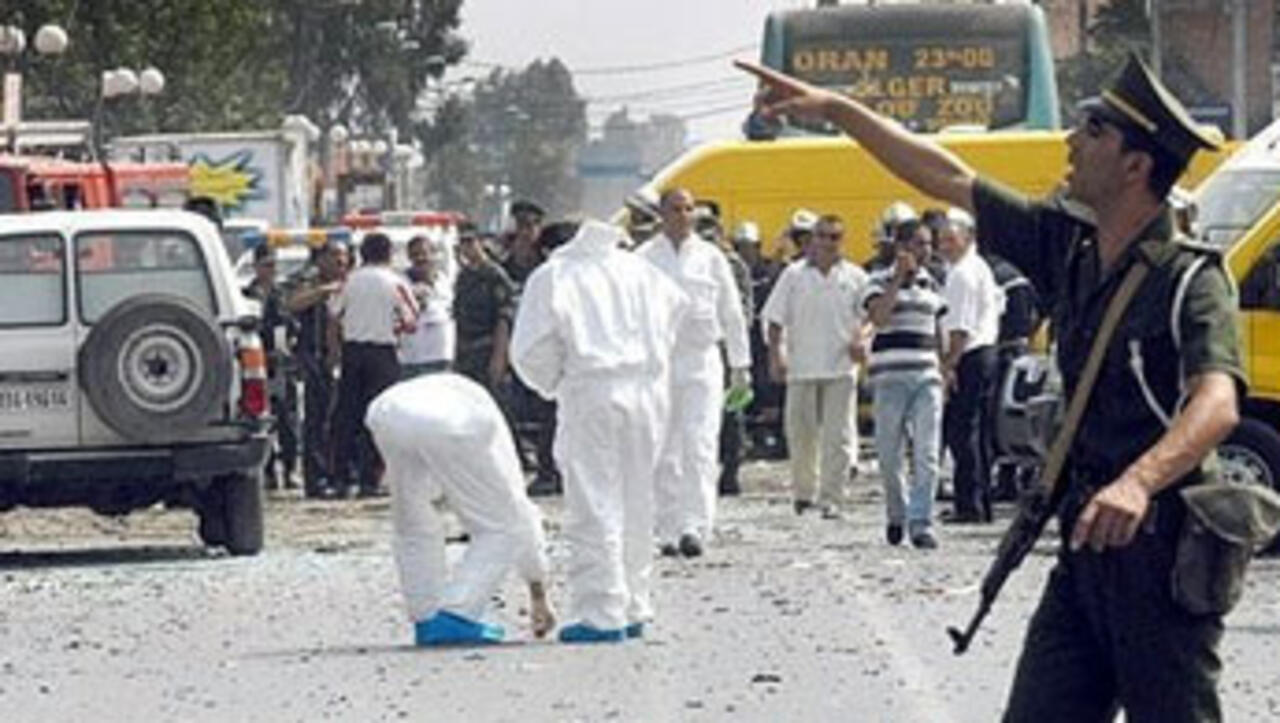
A wave of violent attacks across Algeria has sparked public outrage, as footage of the incidents circulates widely on social media.
Often carried out in broad daylight with alarming brutality, these episodes have highlighted deep flaws in the country’s approach to urban security.
In Ain Fakroun, located in Oum El Bouaghi province, a 60-year-old man was violently assaulted last Monday by two youths armed with knives during an attempted theft of his bag.
The victim sustained serious injuries to his arm and abdomen and required emergency surgery.
Although the attackers were apprehended and sentenced to prison terms of up to 15 years, the widely shared videos of the attack have provoked a national debate on law enforcement effectiveness.
Similar incidents have been reported elsewhere.
In Tipaza, families were targeted on a beach by a group of youths, several of whom remain at large.
In Oran, a street knife attack was captured on camera, reinforcing the perception of a rising wave of urban violence.
The government has sought to reassure the public, insisting that “Algerian cities remain secure overall.”
Yet many citizens remain unconvinced.
Analysts argue that the government’s emphasis on punitive measures has failed to address the structural causes of crime.
Lawyer Mahdi Halfaoui told local media that nearly “80% of violence is linked to the consumption of psychotropic drugs,” a problem that has surged in recent years.
Despite a 2020 presidential decree aimed at eradicating neighbourhood gangs with sentences of up to 20 years, criminal activity continues to proliferate.
Experts point to widespread youth unemployment, limited prospects, and social marginalisation as driving forces behind the surge in petty crime and urban assaults.
As police responses are often slow, citizens are increasingly filming attacks to raise awareness and provide evidence to authorities. This trend underscores public distrust in a security apparatus struggling to ensure basic safety.
These highly visible attacks are more than isolated incidents; they are symptoms of a system under strain.
They expose the contradictions of a government that projects firmness but struggles to guarantee everyday security for its population.



